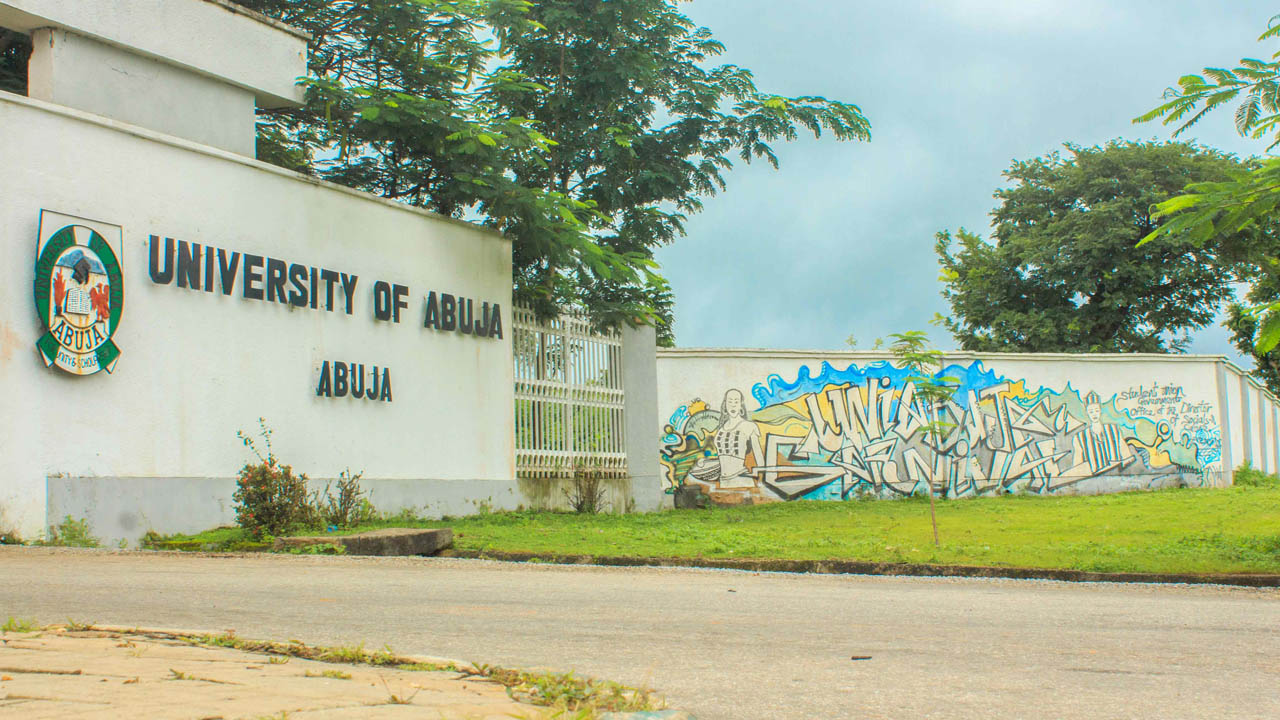
Prof. Abdulrasheed Na’Allah, Vice Chancellor, University of Abuja, has said that the institution will begin exploration of mineral deposits on its campus, in the near future, with a view to boosting the nation’s economy and Gross Domestic Product.
Na’Allah stated this on Tuesday in Abuja at a symposium organized by the university’s Institute for Legislative Studies, with the theme: “Legislative intervention in Nigeria’s mining sector for sustainable revenue generation.”
He said that the university would start the minerals exploration after all due processes with the government had been finalized, and the institution’s Geology and Mining Department, which is already underway, was established.
The VC said of the effort: “This is also in tandem with Nigeria’s goals of diversifying the economy and increasing the Nation’s Gross Domestic Product (GDP).
“Sometimes ago, we had a Chinese Company that obtained a license to mine on our campus and this is a university in which we have our development plans and strategies already.
“And all we are trying to do is to mobilize for the development of a department of Geology, which has already been approved by the Senate, to be called Geology and Mining Department.
“We have our strategies on how we want to collaborate with industry, we are intensifying that effort and we hope that in no distance future, we will have this department, with all the strategies.
“ We want to make sure we help the nation’s development through mining on our campus. But it has to be controlled by us.
” We intend to have collaborations with private companies, with industries; that is our intention,” Na’Allah said.
Na’Allah also said that to make mining exploration more productive, the Nigerian government must partner effectively with the private sector, as private sector partnership would bring more accountability.
Prof. Sheriff Ibrahim, the Director of the Institute for Legislative Studies, said the symposium aimed at driving for an overhaul of the mining sector and its legislations, to create a boom in the sector.
“It was unfortunate that Nigeria, which is the largest economy in Africa, is still a monoculture economy, with all the focus only on oil and gas,” he said, lamenting that the mining sector contributed only between 0.3 to 0.55 to the country’s annual GDP because it has not been fully harnessed.
Ibrahim said in countries such as South Africa, mining accounts for 25 per cent of the nation’s economy, and 40 per cent in Botswana, while in the Democratic Republic of Congo, it is about 18 percent.
“Nigeria being the largest economy in Africa, but still remains a monoculture economy, not succeeding in diversifying the economy of this particular sector.
“When President Buhari came in 2015, his main priority, as he pointed out, was to diversify the Nigerian economy and look into the mining sector.
” That was why he traveled to China, met with President Xi Jinping, as well as other stakeholders.
“In Nigeria, we have just 0.3 or 0.55 contribution from mining to our annual GDP and that is because the sector is not fully harnessed.
“The mining Act and regulations exist, but the problems are execution and implementation, as well as rigid monitoring and evaluation of this particular sector.
“We want legislative amendments, as well as other submissions from the legislative arm, which will guarantee an adequate and efficient utilization of this sector, for better and adequate revenue generation for Nigeria,” Ibrahim said.
Dr Mainasara Umar, an International Law Analyst, said that the government should be prepared to invest heavily in the development of the mining sector to attract Foreign investors, in order to generate more revenues for the country.
Umar also stressed the need for securing mining areas and sites in the light of the banditry in Nigeria’s North West zone and some other regions which began when exploration started on mines sites in the states.
“If government cannot invest heavily, we should be able to attract foreign investments going by section 19 of the Constitution which talks about our foreign policy drive.
“Section 19 has five sub-sections and the fifth one talks about us contributing toward the economic and security wellbeing of the world and mining is one of those areas that have been a turbulent all over the world.
“So, security of lives and property would be guaranteed in as much as we want to extract minerals as a means of boosting our revenue generation base,” he added.
Umar averred that the government should prioritise and make budgetary allocations to the mining sector, so as to enable the possibility of establishing Free Trade Zones.
“We should have legislations to streamline the conflict of ownership of land in the Land Use Act and the control of mineral resources by the Federal Government.
” The Land Use Act by the state government is the legislation that should be geared towards solving that problem.
“There should be legislations to improve security at mining sites. There should be security, otherwise it would not be conducive, especially going by international mining where you have several expatriates going into the sites.
“Also legislation to highlight what percentage is going to the local communities, what goes to the federal government.
“There should also be a correlation between our foreign affairs ministry and any expatriates going to mining sites, so that we will be able to know how many foreigners are there, their biodata and where they are coming from.
“Legislations to establish mining institutions in the country. Practically, we do not have mining institutions in the country,” Mainasara said.



